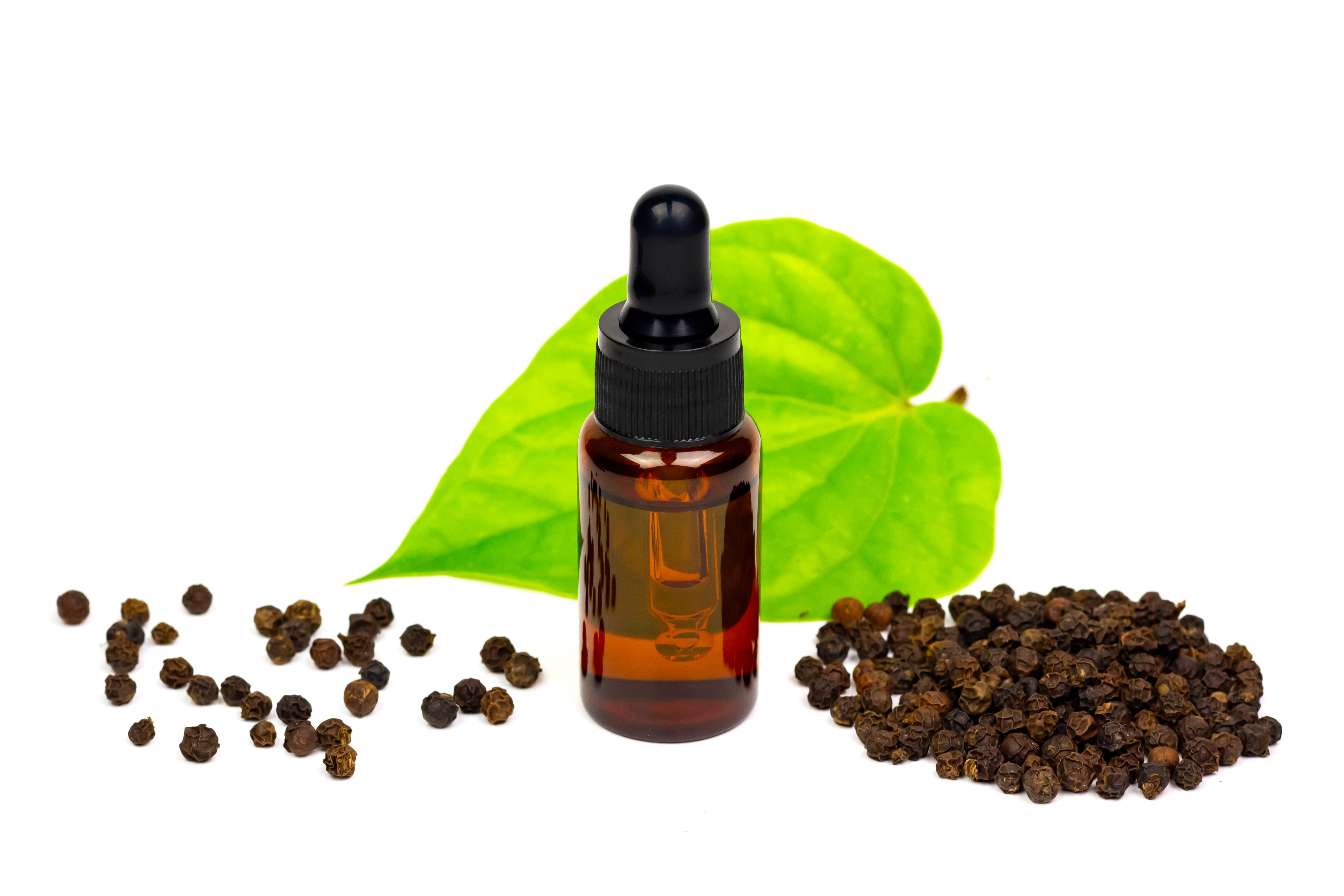What Happened?
In April, a company called Prime Research Reports issued a press release in which it claimed FDA had approved THP (tetrahydropiperine) as a Generally Recognized As Safe (GRAS) substance “for use in food products.” There is no record that FDA has either reviewed or approved THP for use in food.
The report describes Sabinsa as a manufacturer of THP and as “a major player” in that market.[1] The substance, commercially known as Cosmoperine, is derived from a highly purified extract from black pepper; the extract, which is more than 95% piperine, is also made by Sabinsa and is marketed as BioPerine. The company describes piperine as an alkaloid present in black and long pepper.
Why It Matters
First, the statement is at odds with the available evidence: there is no record of FDA reviewing the safety of THP as a GRAS substance. The only interaction we are aware of was in 2013, when Sabinsa voluntarily asked FDA to review its GRAS determination for BioPerine to be used as a flavoring agent. A few months later, Sabinsa sent a letter asking FDA to stop reviewing the safety assessment (also known as a “cease to evaluate” request). After that, there does not appear to have been any interactions between Sabinsa and FDA regarding either of its products.
Second, the statement mistakenly claims that FDA approves GRAS substances when in fact the agency issues an opinion when a manufacturer requests a review by FDA. In its opinion letters, the agency makes clear that it is not an approval.
Third, a decade ago, we identified significant safety concerns with BioPerine, the only product that FDA has had an opportunity to review although, as previously noted, that review was halted when Sabinsa withdrew its request for review. As a result, FDA did not issue an opinion. In 2013, the authors, on behalf of the Natural Resources Defense Council at the time, sent a letter to FDA listing many issues with the GRAS notice that Sabinsa had withdrawn, including:
- Lack of toxicology testing for the extract, which is more than 95% piperine, the active ingredient.
- Failure to correctly interpret toxicity data in the literature, which showed that piperine is toxic to the immune system and causes reproductive and developmental toxicity in animals and cell-based studies.
- Dismissal of human studies showing that piperine affects the metabolism of other compounds including medications by increasing their bioavailability.
Piperine is “reported to enhance the bioavailability of drugs, nutrients, and herbal extracts,” and Cosmoperine is marketed as a “bioavailability enhancer.”
The presence of these substances in food could potentially increase the bioavailability of medications in ways that healthcare professionals prescribing the drug could not anticipate. As a result, the drug might have adverse health effects from the higher effective dose.
Our Take
It is clear that BioPerine and the related Cosmoperine are highly concentrated extracts from black pepper that have been neither adequately tested nor adequately evaluated to determine their uses are safe.
We have published multiple articles describing the problems with the GRAS process. Among the most egregious of FDA’s failures are:
- Allowing companies to withdraw a GRAS notice where the company realizes that FDA may not give it a favorable review;
- Not proactively making the concerns publicly available[2] about the safe use of the substance;
- Not conducting any apparent post-market oversight when FDA has concerns about the safety of a chemical.
In our Broken GRAS series we show many examples of chemicals of dubious safety that stealthily entered the food supply without any warnings.
In January, FDA Commissioner Califf announced a “new and transformative vision for the FDA Human Food Programs” These are important steps, but a real measure is ensuring that GRAS substances where FDA had safety concerns are subjected to strong oversight to protect American’s health by restricting the use of harmful chemicals such as THP.
Next Steps
We have alerted FDA to the claims and asked the agency to quickly investigate this product and its uses to protect consumers–especially those who might be using one of the medications that are affected by THP. FDA responded that it “will take a closer look and make sure this information is routed as appropriate.” We will continue to press FDA to act expeditiously to get products like this one off the market until the agency can verify its safety.
[1] We don’t know the relationship between Prime Research Reports and Sabinsa and have not heard back on a request for information.
[2] The information may be available through a Freedom of Information Act but that does not mean it is publicly available since only the requester gets the information.











One Comment
thank you for the information